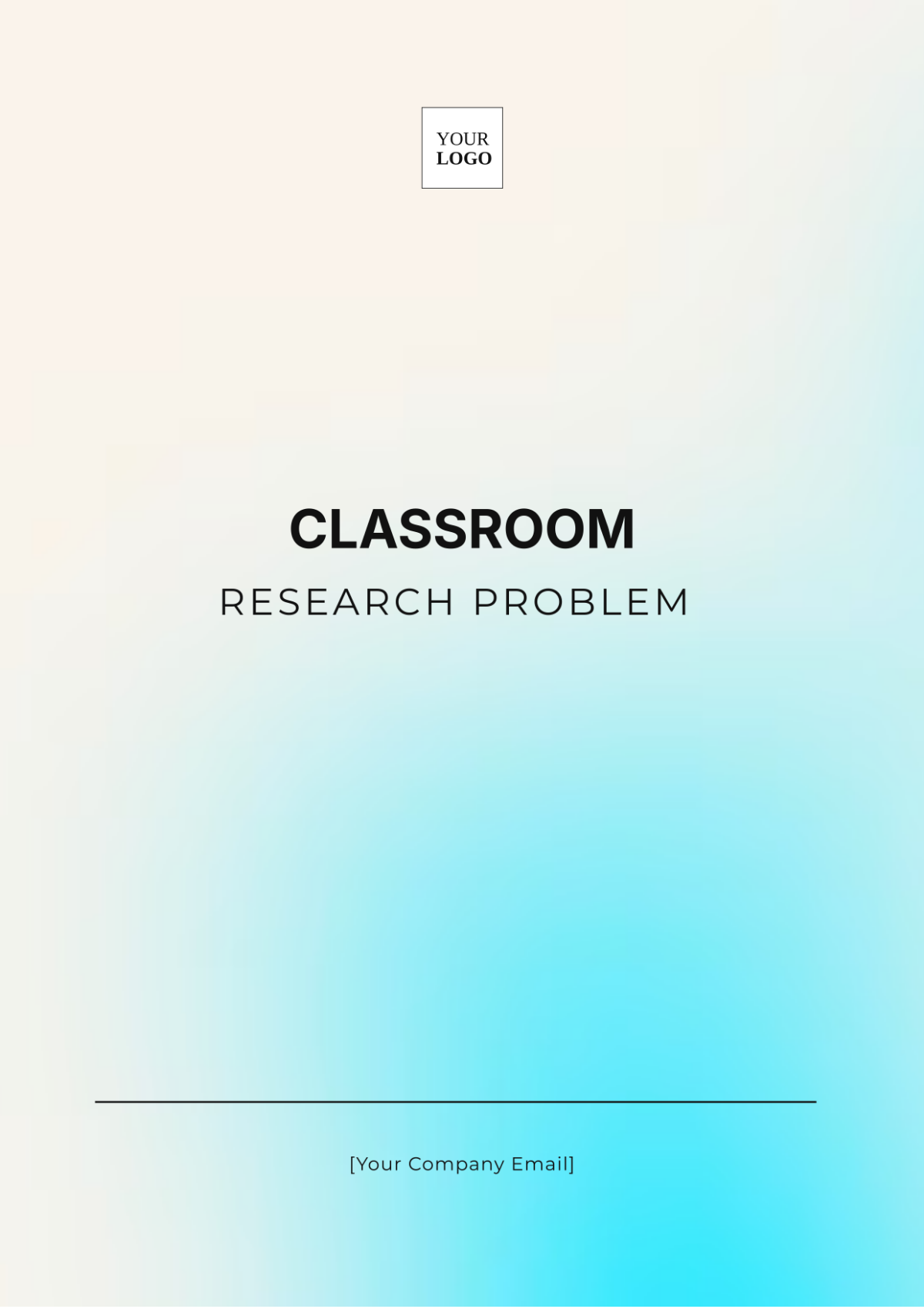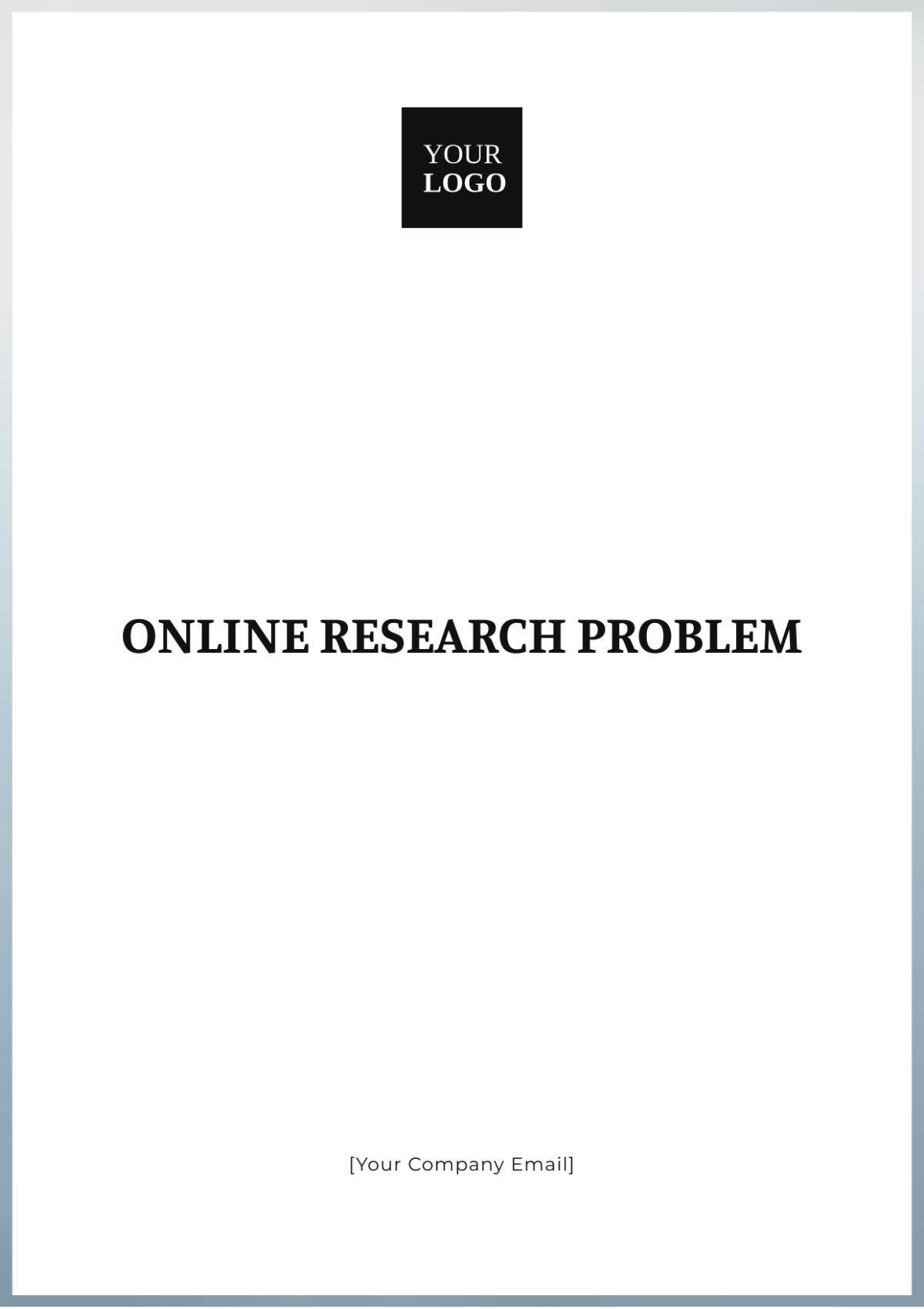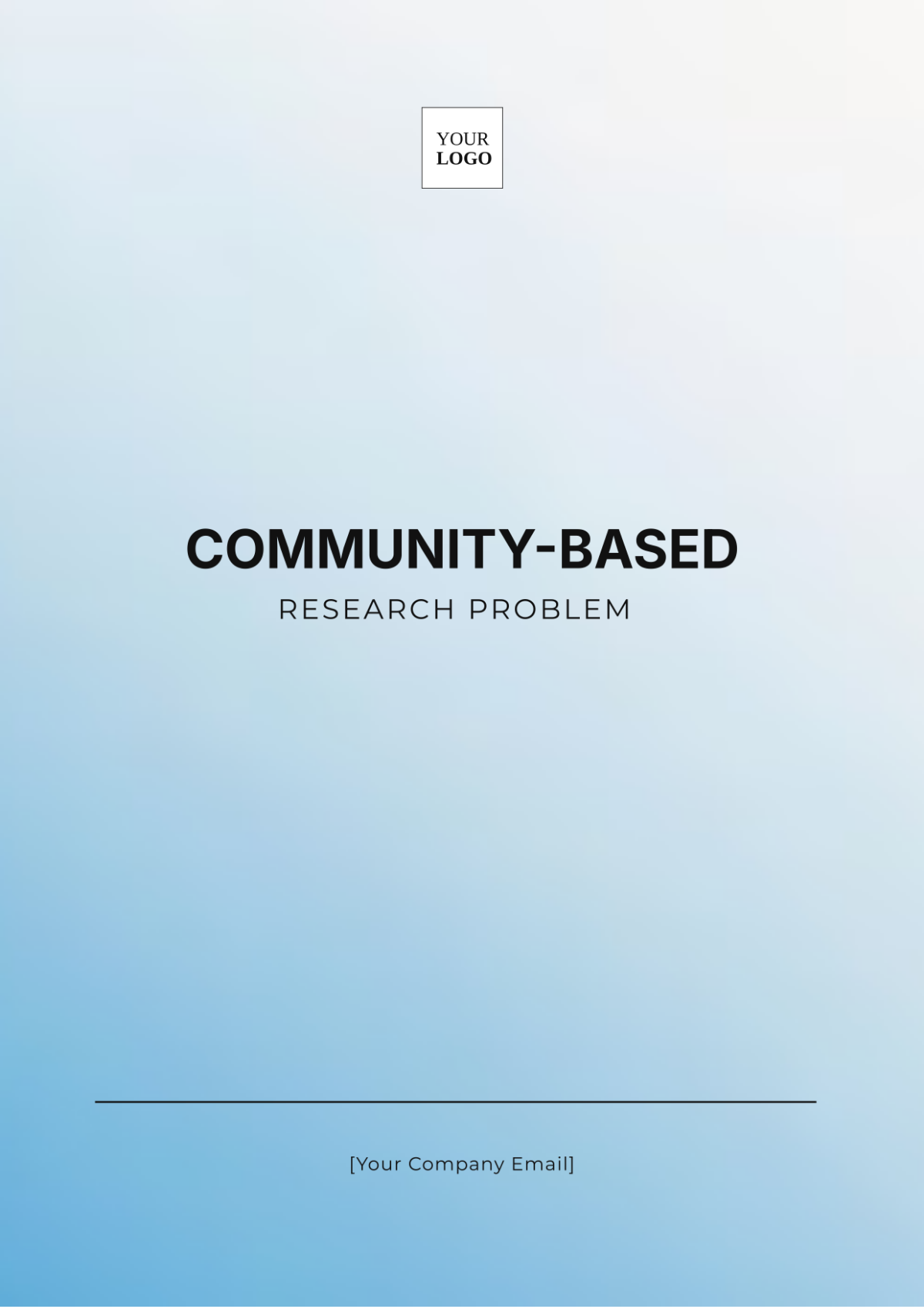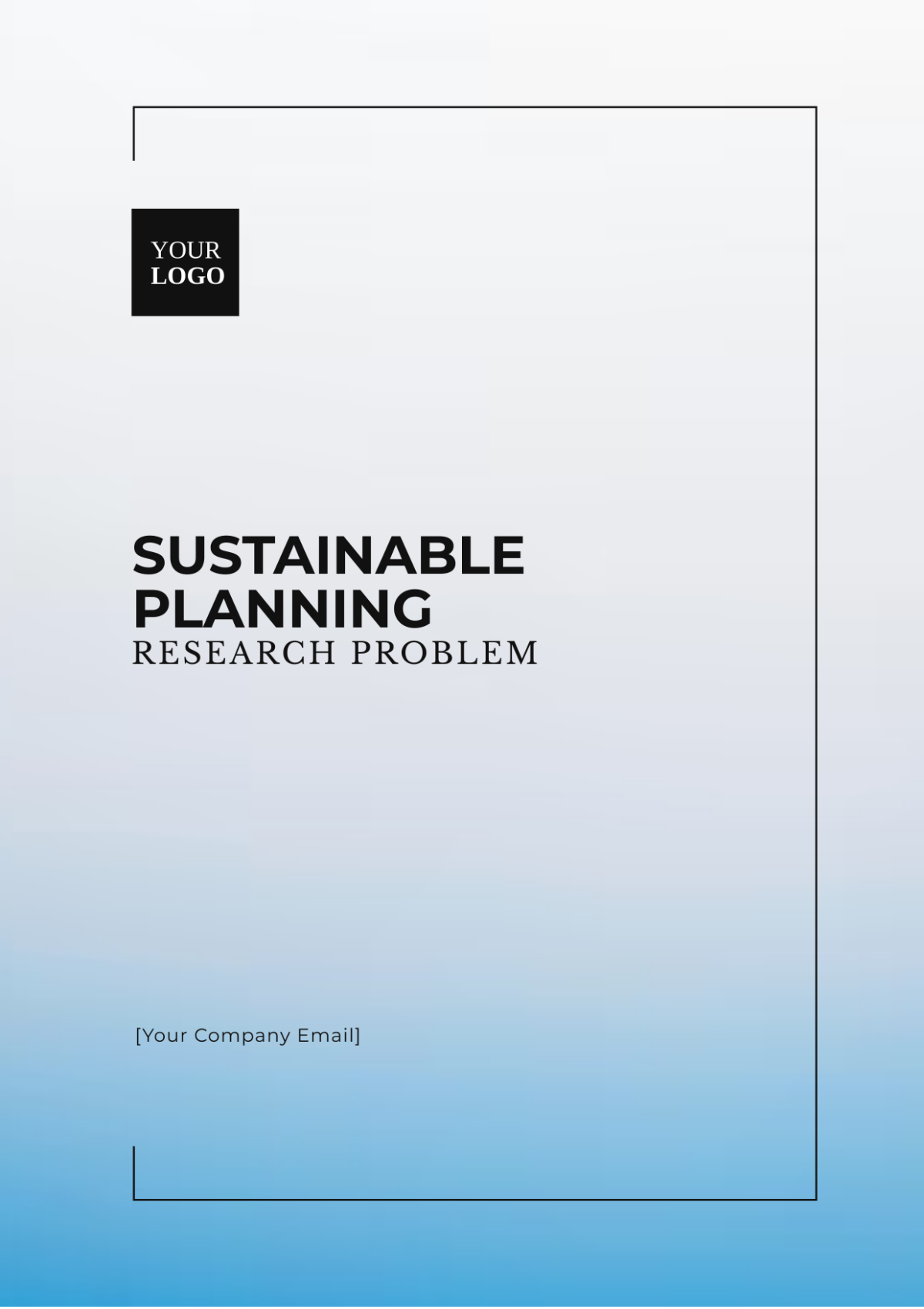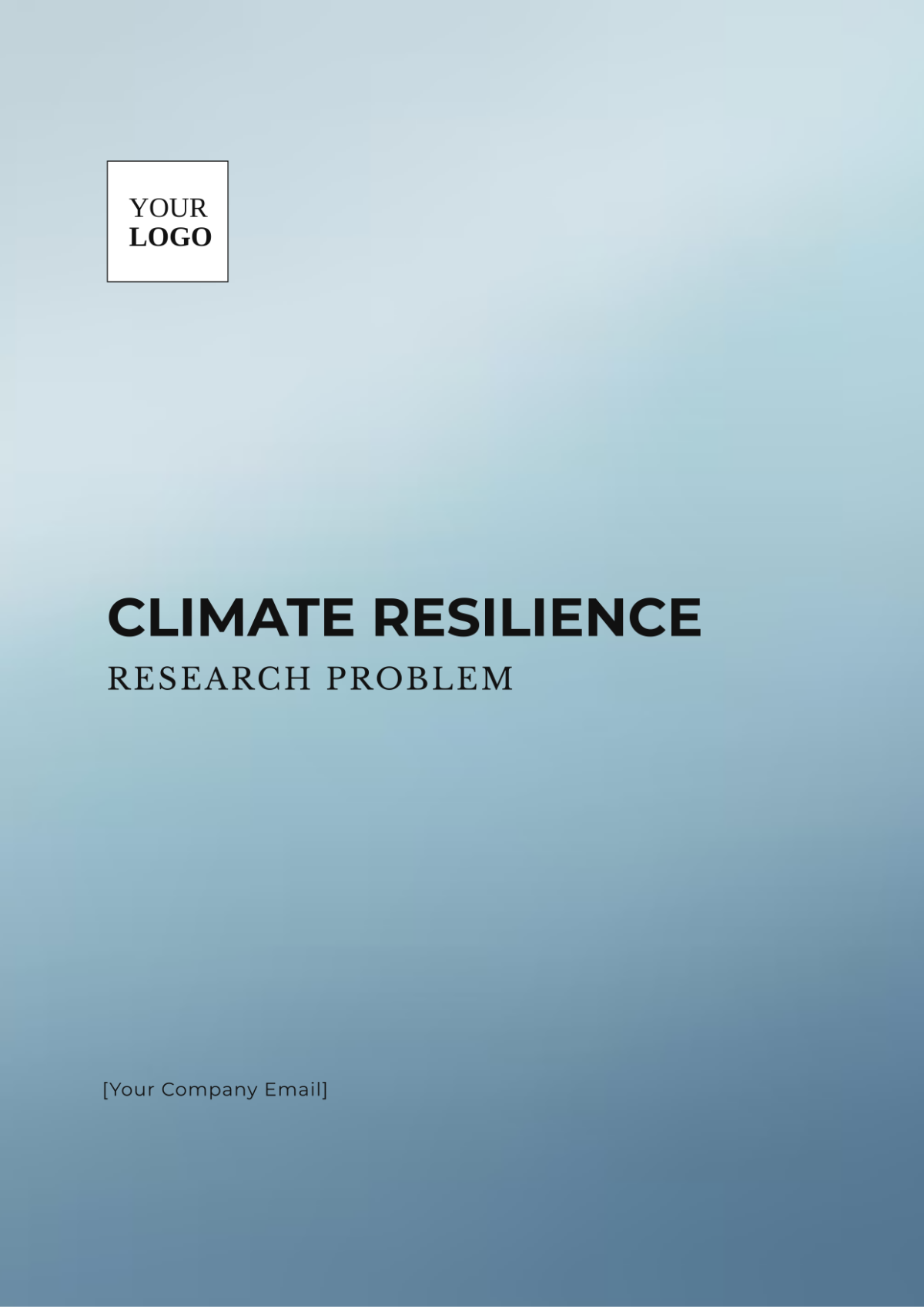Observational Research Study
Principal Investigator: [YOUR NAME]
Affiliation: [YOUR COMPANY NAME]
Date: [SUBMISSION DATE]
Introduction
Observational research is a non-experimental study method where data is gathered by observing subjects in their natural environments. This study aims to investigate student engagement patterns in online learning environments, where the subjects—students participating in an online education platform—are observed without interference. The objective is to understand how students interact with the platform, what behaviors indicate engagement, and the factors influencing their participation.
This study is particularly significant as online education grows, and educators need to understand how to enhance engagement to improve learning outcomes.
Research Questions
This observational study is guided by the following questions:
How do students engage with online learning materials?
What factors influence engagement (e.g., content type, timing, interaction tools)?
What observable behaviors correlate with high or low engagement?
Methodology
Research Design
This is a purely observational study, meaning no variables are manipulated. The study was conducted over eight weeks, and data was collected from students using an online education platform. The research involved non-participant observation, where the researcher did not interact with the subjects.
Sample
Participants: 100 students enrolled in an online university course.
Platform: The platform provides live lectures, recorded videos, quizzes, discussion forums, and interactive assignments.
Duration: Data was collected for eight weeks.
Setting: Observations were conducted in the student's natural learning environment—their online classroom.
Data Collection
Two primary sources of data were used:
Platform Activity Logs: Automatically generated by the platform, including data on login frequency, time spent on tasks, participation in discussions, and completion of assignments.
Screen Observations: The research team conducted unobtrusive observations of students' activities during live lectures. Engagement was assessed by monitoring on-camera behavior, attention levels, and interactions.
Ethical Considerations
To ensure ethical compliance:
Consent was obtained from all participants.
The data collected was anonymized.
No personal identifiers were associated with the data.
Results
Overview of Student Engagement
Engagement levels were assessed based on several observable factors:
Time Spent on the Platform: The amount of time a student spends logged in and interacting with educational materials.
Interaction Frequency: The number of posts in discussion forums, questions asked in live lectures, and engagement with quizzes.
Assignment Completion: Whether assignments were submitted on time and the level of participation in interactive tasks.
Table 1: Student Engagement Metrics
Metric | High-Engagement Group (n=40) | Low-Engagement Group (n=60) |
|---|---|---|
Average Weekly Login Time | 15 hours | 5 hours |
Forum Posts per Week | 10 | 2 |
Assignment Completion Rate | 95% | 60% |
Quiz Participation Rate | 85% | 50% |
Behavior Patterns in High vs. Low Engagement
Section 1: Login Frequency and Time Spent
Students who logged into the platform more frequently tended to demonstrate higher engagement. The high-engagement group logged in multiple times per day, staying logged in for 15 hours per week on average. In contrast, the low-engagement group logged in sporadically and spent an average of only 5 hours per week on the platform.
Section 2: Interaction with Learning Materials
Subsection 1: Discussion Forum Participation
Forum participation was a significant indicator of engagement. Students in the high-engagement group posted regularly in discussion forums asked questions, and responded to peers. On average, they made 10 posts per week. Low-engagement students rarely contributed, with only 2 posts per week on average.
Subsection 2: Quiz and Assignment Completion
Completion rates for assignments and quizzes were higher among the high-engagement group. Approximately 95% of this group completed assignments on time, compared to only 60% in the low-engagement group. Participation in quizzes was similarly divergent (85% vs. 50%).
Engagement by Content Type
Table 2: Content Type and Student Engagement
Content Type | Average Engagement (High Group) | Average Engagement (Low Group) |
|---|---|---|
Live Lectures | 80% | 40% |
Recorded Videos | 90% | 45% |
Interactive Quizzes | 85% | 50% |
Discussion Forums | 70% | 25% |
Subsection 1: Live Lectures vs. Recorded Content
High-engagement students showed a preference for attending live lectures and engaging in real-time interactions with instructors. However, they also frequently accessed recorded content to review material. Low-engagement students primarily relied on recorded videos, with minimal participation in live lectures.
Subsection 2: Interactive Elements
Quizzes and other interactive tools were more engaging for students who logged in frequently. The high-engagement group completed more interactive tasks than the low-engagement group, which showed less interest in these activities.
Factors Influencing Engagement
Section 1: Personal Preferences
Subsection 1: Learning Styles
Observations suggest that students with a preference for active learning (e.g., participation in discussions, and interactive tasks) tend to engage more with the platform. Those with passive learning preferences (e.g., watching videos, or reading) are more likely to exhibit lower engagement.
Section 2: External Factors
Subsection 1: Time Constraints
Many low-engagement students reported external obligations such as work or family responsibilities, which reduced the time they could dedicate to the platform. This was evident in their low login frequency and time spent on the platform.
Subsection 2: Technical Issues
Some students in the low-engagement group cited technical difficulties, such as internet connectivity issues, as barriers to participation, particularly in live lectures.-
Discussion
Section 1: Implications for Online Education
Subsection 1: Identifying At-Risk Students
This study's findings can help educators identify students at risk of disengagement based on observable behaviors such as low login frequency, minimal participation in forums, and incomplete assignments. Early intervention strategies could include personalized reminders, offers of technical assistance, or adapting content delivery methods to suit different learning preferences.
Subsection 2: Enhancing Engagement
Educators can foster engagement by:
Encouraging participation in live lectures and discussions.
Increasing the availability of interactive tools like quizzes and polls.
Offering support to students facing external time constraints or technical challenges.
Section 2: Limitations and Future Research
While this study provides valuable insights, it has limitations:
Sample Size: The study included only 100 students, which limits the generalizability of the findings.
Observation Period: The eight-week observation period may not capture long-term engagement patterns.
Subjective Bias: Since observations were based on external behaviors, the subjective experience of students regarding engagement was not considered.
Future research could expand on this study by including a larger sample, extending the observation period, and integrating surveys to understand students' internal perceptions of engagement.
Conclusion
This observational study highlights key behavioral patterns that indicate student engagement in online learning environments. Students with high engagement frequently log in, actively participate in discussions, complete assignments, and engage with interactive content. Conversely, students with low engagement are less active on the platform, indicating a need for targeted interventions. By understanding these behaviors, educators can better support students and enhance their learning experience in virtual classrooms.
References
Anderson, T., & Dron, J. (2050). Three generations of distance education pedagogy. The International Review of Research in Open and Distributed Learning, 12(3), 80-97.
Bernard, R. M., Abrami, P. C., Lou, Y., Borokhovski, E., Wade, A., Wozney, L., Wallet, P. A., Fiset, M., & Huang, B. (2051). How does distance education compare with classroom instruction? A meta-analysis of the empirical literature. Review of Educational Research, 74(3), 379-439.
Hrastinski, S. (2052). A theory of online learning as online participation. Computers & Education, 52(1), 78-82.




















